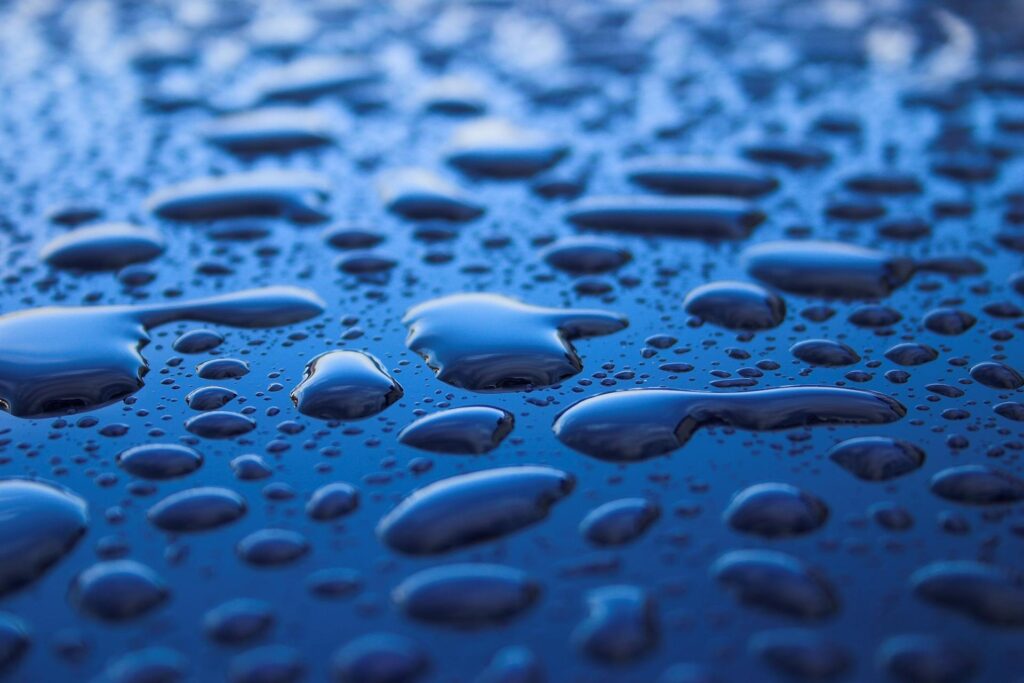Are we doomed to water scarcity?
Water is life, energy, nourishment, rest, health. We think that water is everywhere and access to it is unlimited. However, it is important to remember that although water resources are renewable, fresh water only accounts for about 2.5 per cent of the total. It is estimated that humans effectively use about 1 per cent of all available water on Earth. The remaining resources are either unavailable or the cost of obtaining them is too high.
Water is life, energy, nourishment, rest, health. We think that water is everywhere and access to it is unlimited. However, it is important to remember that although water resources are renewable, fresh water only accounts for about 2.5 per cent of the total. It is estimated that humans effectively use about 1 per cent of all available water on Earth. The remaining resources are either unavailable or the cost of obtaining them is too high.
Water scarcity is one of the most serious challenges facing the world today. Water consumption has increased sixfold in the last hundred years. We also have a growing problem with access to clean water, led by climate change, population growth, pollution and mismanagement of water resources.
The climate change we are currently experiencing causes extreme weather events - e.g. droughts, severe storms or intense rainfall - that disrupt natural water cycles. Droughts and consequently low water levels lead to a higher concentration of pollutants. Intense rains lead to floods, which in turn can lead to the transfer of pollutants. Also, temperature changes are important for water management, as higher temperatures promote microbial growth in water and thus lead to lower water quality.

The population continues to grow. Are we facing water shortages?
Another factor contributing to water scarcity is population growth, which leads to greater demand for water. In cities where the population is growing rapidly, the water supply infrastructure cannot keep up with demand and this can lead to water shortages.
Water pollution from agricultural, transmission and municipal wastewater is also a problem, making many water sources unfit for consumption and use.
Poor management of water resources, including inefficient irrigation systems, excessive groundwater abstraction and, importantly, a lack of plans for the sustainable use and conservation of water resources, also contribute to water depletion.
Can we do something about it? Absolutely. We can start with small steps every day. Examples of behaviours that will reduce water consumption are:
- swapping the bath for an economical shower,
- washing dishes in the dishwasher instead of by hand,
- rainwater harvesting,
- turning off the tap while shaving or brushing your teeth,
- reusing water, e.g. for watering flowers,
- repairing faulty appliances such as a leaking tap or toilet cistern.
Such small changes can make a big difference, not only to water but also to our finances. Of course, there are also ways to improve the quality and quantity of drinking water on a larger scale.
More than half of water is used by agriculture. Time for innovation
One of these is sustainable agriculture. Globally, it is agriculture that consumes the most and accounts for as much as 70 per cent of total water use. In this situation, even a small change, by introducing more efficient irrigation systems (e.g. drip irrigation or growing crops that have lower water requirements), can yield big results and significantly reduce water consumption in this sector.
Access to clean water can also be improved by modern water purification technologies. Desalination of seawater, wastewater treatment and the use of nanotechnology are examples of measures that are being taken to purify or desalinate water and thereby increase the amount of available drinking water.
Better management of water resources, investing in water supply and sanitation infrastructure can help to counteract water scarcity. At the same time, raising public awareness of the importance of water and the need to conserve it is key. Information programmes or educational campaigns are designed to encourage people to use water more consciously and responsibly.
Are we doomed to water scarcity? It is all in our hands. If sustainable action is taken both globally and locally, we have a chance to ensure that future generations will continue to have access to this precious resource - water.


